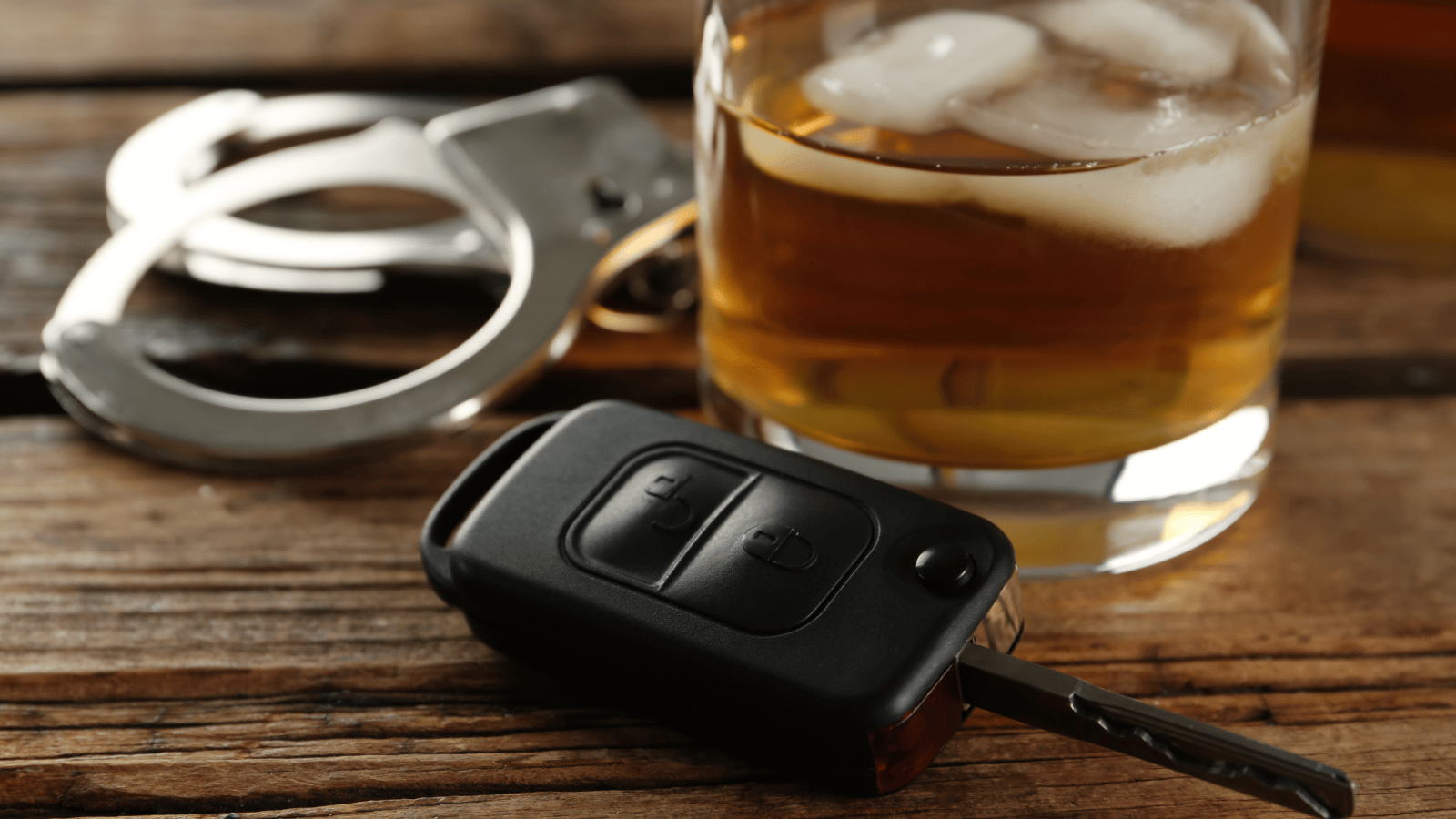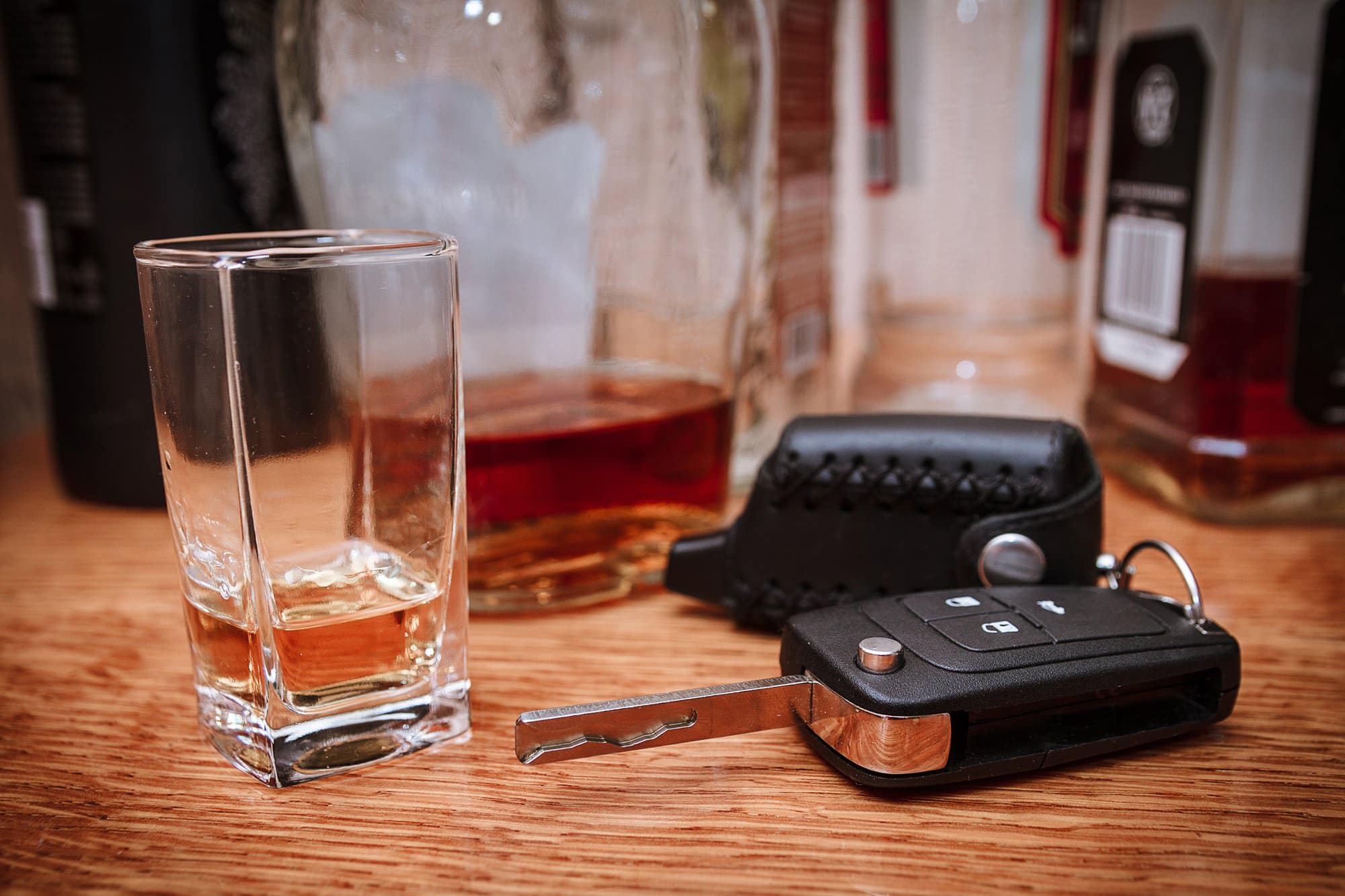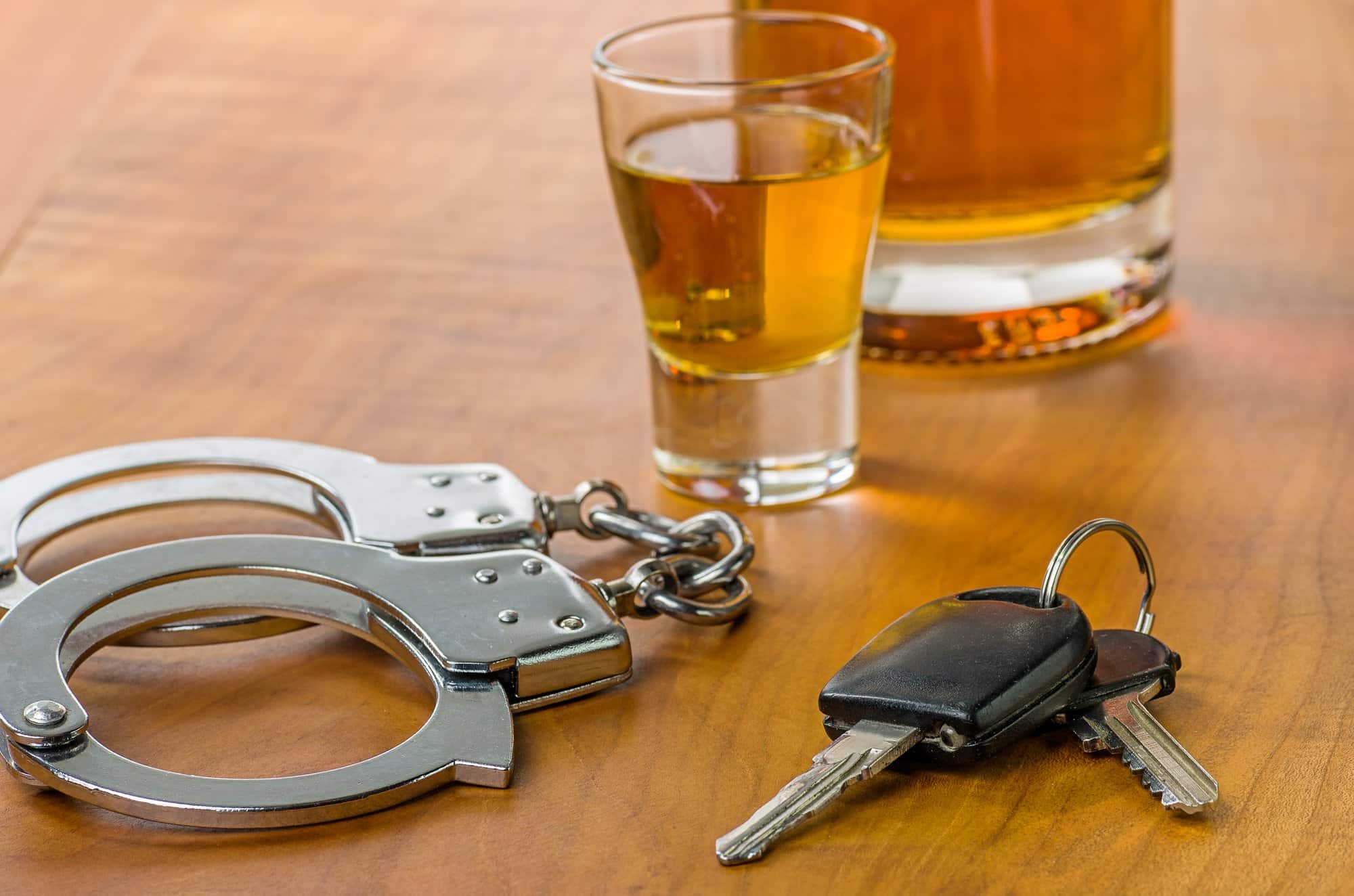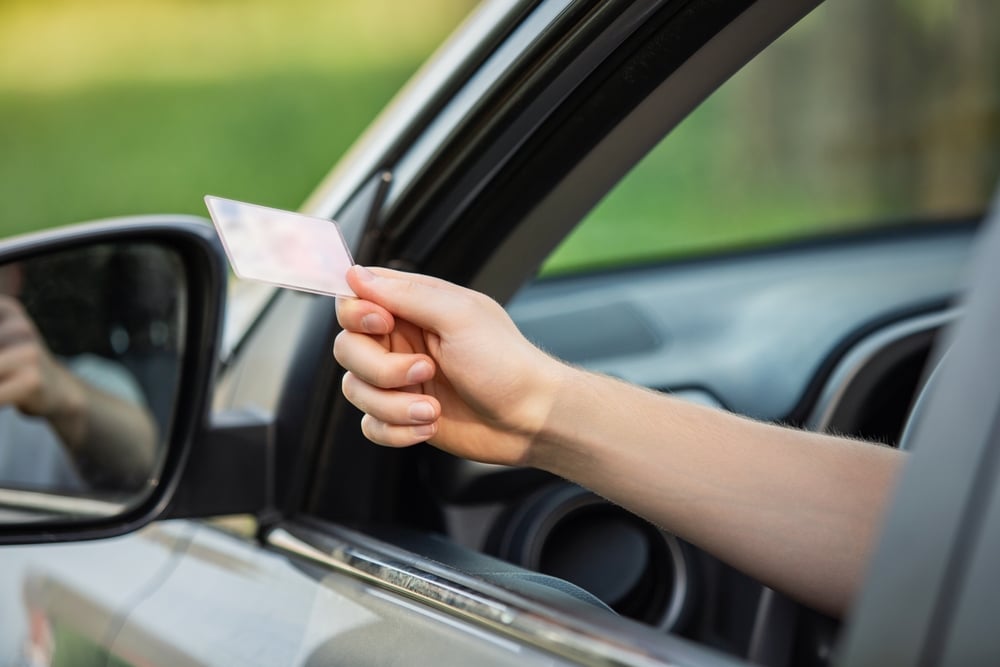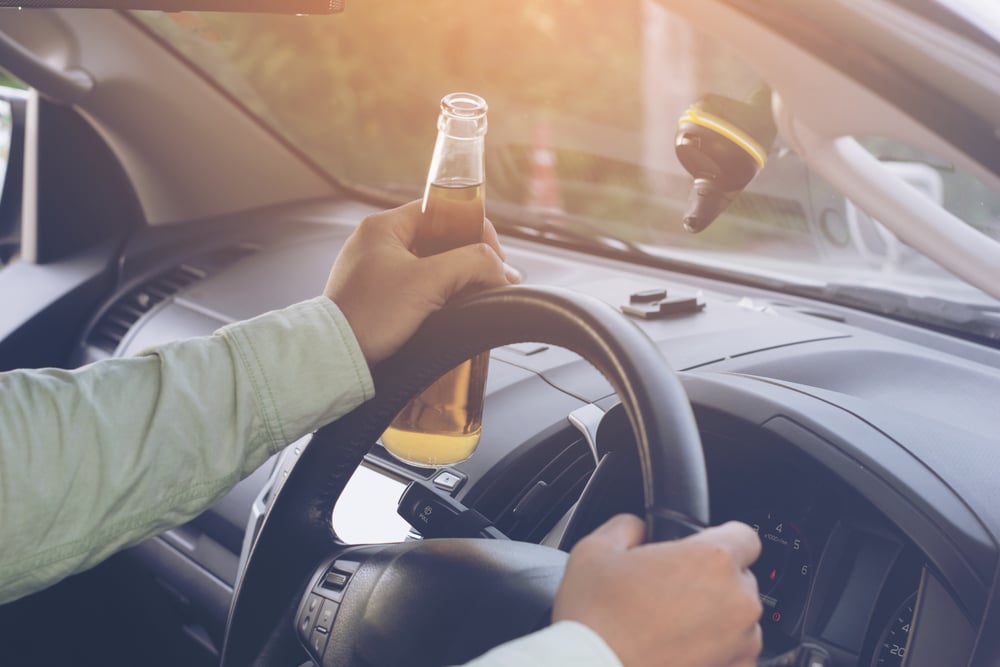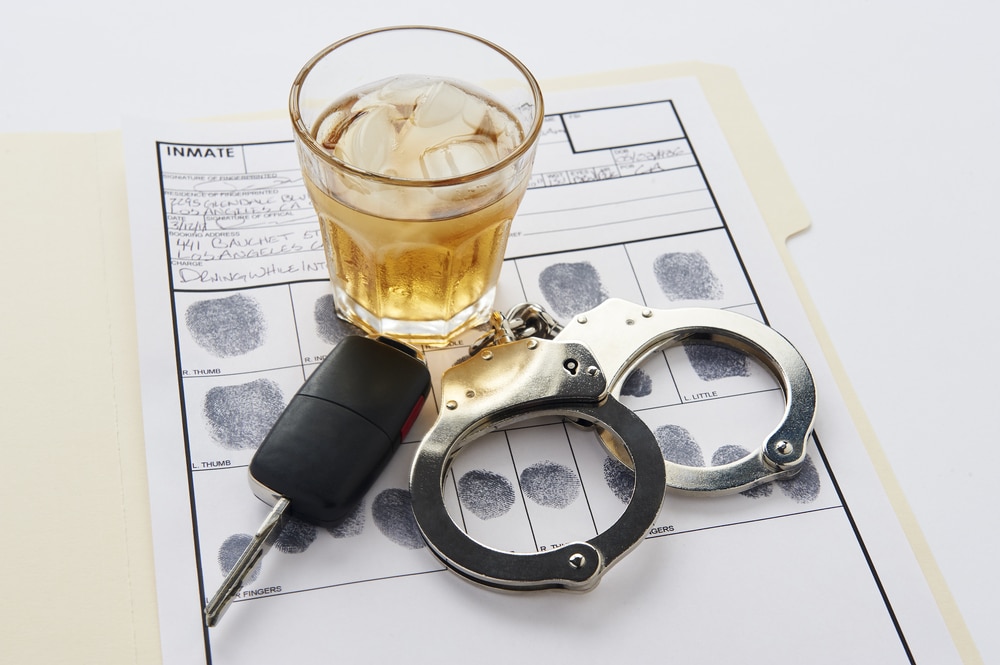Getting behind the wheel if you’ve had too much to drink can have devastating consequences on your life and livelihood. Not only can a DWI conviction have an impact on your reputation in the community, but the long-term effects and legal ramifications can be severe. Critically, the penalties for a DWI conviction in New York can vary based on how many prior DWIs are on your record and whether there are any aggravating factors in your case.
What is a DWI?
A DWI is the most serious traffic violation in New York State. While these offenses are usually charged as misdemeanor crimes, a DWI can also rise to the level of a felony if certain circumstances are met. Specifically, a driver’s blood alcohol content (BAC) level determines whether they are legally intoxicated.
The legal BAC limit in New York is .08% for drivers over 21 — anyone who operates a motor vehicle with a BAC at this level or higher faces a “per se” DWI charge. Under New York’s Zero Tolerance Law, the legal limit is .02% for drivers under age 21. In addition, there is a .04% BAC limit for commercial drivers.
If a driver’s BAC is .18% or more, they can face an aggravated driving while intoxicated offense, which can be charged as a felony. However, it’s important to understand that a DWI charge is not the same as a conviction. A prosecutor has the burden of proving you were legally intoxicated while driving, and they usually rely on breathalyzer or chemical test results that can be challenged. With an experienced DWI defense lawyer by your side to fight the charges you’re facing, you will typically stand a better chance of obtaining a more favorable outcome in your case.
Penalties for a DWI
The facts and circumstances surrounding every DWI case are unique. Significantly, the penalties for a DWI can depend upon your previous DWI history and whether you inflicted bodily harm on another due to driving under the influence. The legal penalties a driver over 21 might face for a DWI conviction are as follows:
- First DWI — While no minimum jail time is required for a first DWI, a maximum sentence of one year in jail is possible. Mandatory fines can range from $500 to $1,000, and you may also be required to pay for, install, and maintain an interlock ignition device in your vehicle. A minimum six-month driver’s license suspension may also be imposed.
- Second DWI — If you are convicted of a second DWI offense within ten years of your first conviction, you can face one to four years jail time. A minimum sentence of five days jail time is imposed if the second conviction is within five years of the first. In some cases, 30 days of community service may be completed as an alternative to the minimum jail time. Additionally, those convicted of a second DWI can incur $1,000 to $5,000 in fines, have their licenses revoked for one year, and be required to install an interlock ignition device.
- Third DWI — A third DWI conviction can carry a sentence of one to seven years in jail, a fine ranging from $2,000 to $10,000, and permanent license revocation if the third offense was within four years. A minimum of ten days in jail is required if the third DWI conviction was within five years. In these cases, 60 days of community service may be completed instead of serving the minimum jail time.
Harsher punishments may be imposed for drivers convicted of aggravated DWI offenses. For instance, if you were driving with a BAC of .18% or higher, the penalties can increase. However, before your DWI case is even brought before a judge, administrative penalties can be imposed by the Department of Motor Vehicles if you refuse to submit to a breath or chemical test. These penalties can vary depending upon how many prior offenses you’ve had — they typically include license revocation and monetary fines.
Contact an Experienced DWI Defense Lawyer in NYC
A DWI charge is a serious matter. It’s vital to have the representation of a skilled DWI defense lawyer who can fight for positive results on your behalf. The attorneys at D’Emilia Law offer high-quality legal services to those charged with DWIs and driving under the influence in New York — and strive to ensure their rights are protected. To schedule a consultation, contact us at 1-888-DEMILIA.

